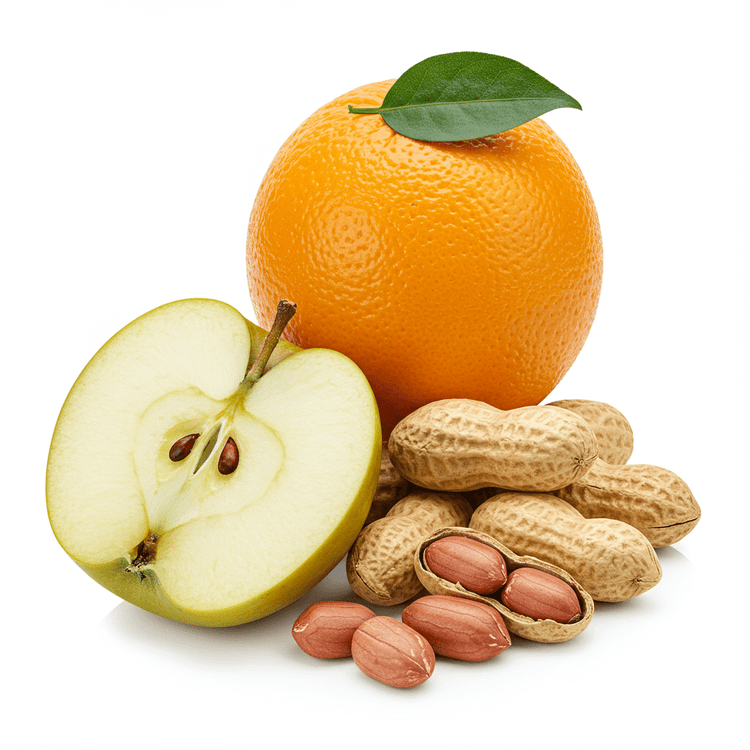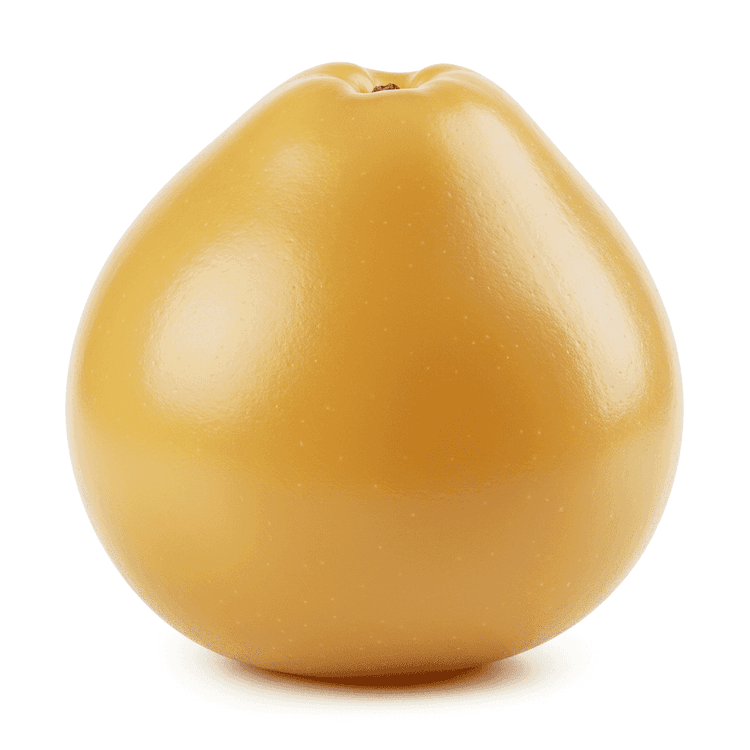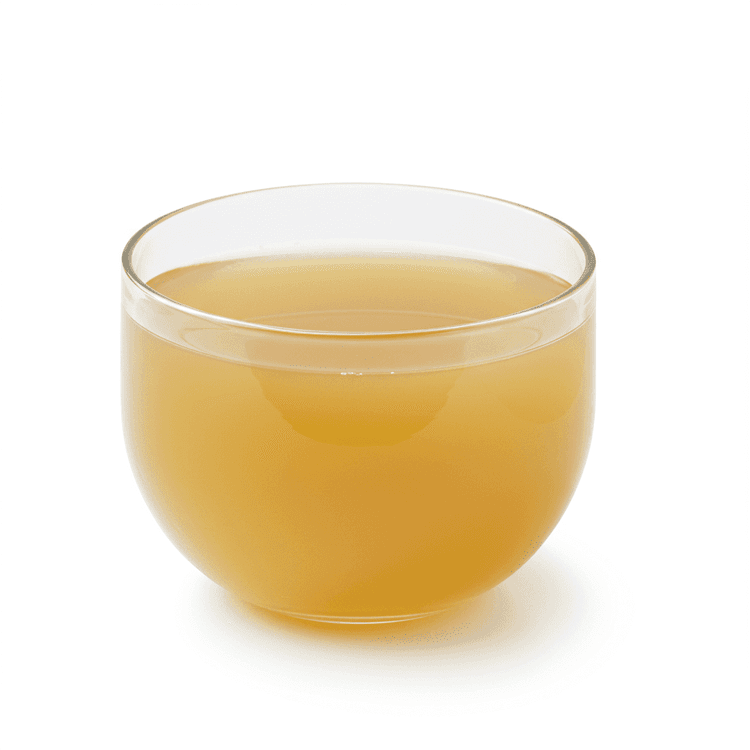
Low-Sodium Vegetable Broth
Low-sodium vegetable broth is a flavorful, clear liquid made by simmering vegetables and seasonings in water, but with significantly reduced salt content. It's a light and healthy base for soups, stews, and sauces, offering a subtle vegetable flavor without being overpowering. The broth typically has a pale yellow to light brown appearance, depending on the vegetables used. Choosing low-sodium options allows for better control over the salt content in your dishes, catering to health-conscious cooking and dietary restrictions. It provides a mild, savory umami note, making it an excellent alternative to water or higher-sodium broths.
Common Uses
- Using low-sodium vegetable broth as a base for homemade soups adds depth of flavor without excessive salt, making it ideal for heart-healthy recipes and family meals. - Substituting low-sodium vegetable broth for water when cooking grains like rice, quinoa, or couscous infuses them with a subtle vegetable taste, enhancing their overall flavor profile. - Employing low-sodium vegetable broth to deglaze pans after sautéing vegetables or meats creates a flavorful sauce or gravy base that's naturally lower in sodium than traditional methods. - Simmering vegetables like potatoes or carrots in low-sodium vegetable broth enhances their natural sweetness and provides a more complex flavor compared to boiling them in plain water. - Creating lighter and healthier sauces by using low-sodium vegetable broth as a thinning agent for cream-based or tomato-based sauces allows you to achieve the desired consistency without adding extra fat or sodium.
Nutrition (per serving)
Nutrition (per serving)
Calories
10.0kcal (0.5%)
Protein
1.0g (2%)
Carbs
2.0g (0.73%)
Sugars
1.0g (2%)
Healthy Fat
0.0g
Unhealthy Fat
0.0g
% Daily Value based on a 2000 calorie diet
Nutrition (per serving)
Calories
10.0kcal (0.5%)
Protein
1.0g (2%)
Carbs
2.0g (0.73%)
Sugars
1.0g (2%)
Healthy Fat
0.0g
Unhealthy Fat
0.0g
% Daily Value based on a 2000 calorie diet
Health Benefits
- Supports hydration with electrolytes and fluids.
- Low in sodium, contributing to healthy blood pressure.
- Provides essential vitamins and minerals from vegetables.
- Can be a source of antioxidants, supporting immune function.
- May aid in digestion due to its liquid form and vegetable content.
Substitutes
Chefadora AI is here.
Experience smarter, stress-free cooking.
Storage Tips
Unopened low-sodium vegetable broth can be stored at room temperature in a cool, dark place. Once opened, transfer any unused broth to an airtight container and refrigerate immediately. It should be used within 5-7 days. Vegetable broth can also be frozen for longer storage (up to 2-3 months). Be sure to leave some headspace in the container as the liquid expands when frozen. Always check for signs of spoilage before using, such as off-odors or discoloration.
Marnirni-apinthi Building, Lot Fourteen,
North Terrace, Adelaide, South Australia, 5000
Australia



